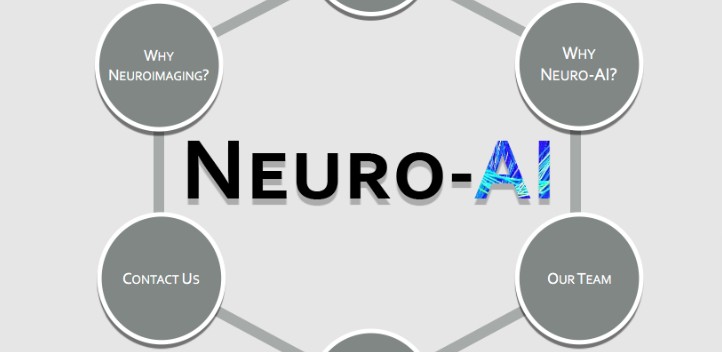
In the dynamic landscape of healthcare, the convergence of neuroscience and artificial intelligence (Neuro-AI) is sparking a revolution in drug development. This amalgamation offers unprecedented insights into the human brain and paves the way for novel therapeutic interventions. In this blog, we delve into the transformative impact of Neuro-AI on drug development, reshaping the landscape for biopharmaceutical companies, clinical research organizations, and patients worldwide.
Traditionally, drug development has been laborious and time-consuming. However, with the infusion of advanced neuroimaging techniques and AI algorithms, the process is being revitalized. Neuroimaging technologies like fMRI and PET provide a window into the brain's inner workings, enabling researchers to identify potential drug targets with precision. By analyzing vast amounts of neuroimaging data with AI algorithms, researchers can discern subtle patterns and biomarkers associated with diseases, accelerating the identification of promising drug candidates.
Biopharmaceutical companies and clinical research organizations are embracing Neuro-AI to streamline drug development pipelines. AI-driven predictive modeling and virtual screening expedite the drug discovery process, reducing time and resources. Virtual clinical trials simulate the effects of potential drugs on patient populations accurately, enhancing trial efficiency and minimizing risks for patients.
Neuro-AI also transforms how marketing organizations engage with clinicians and technology experts. By providing actionable insights from neuroimaging data, AI-powered tools enable marketers to tailor messaging and promotional strategies effectively. This personalized approach fosters trust and credibility, driving adoption of new treatments and technologies.
The most profound impact of Neuro-AI in drug development prioritizes patient-centricity. Understanding the neurobiological mechanisms of diseases facilitates the development of targeted therapies tailored to individual patients' needs. Wearable devices and mobile applications powered by AI algorithms empower patients to actively participate in their healthcare journey, improving treatment outcomes and quality of life.
In conclusion, the marriage of neuroscience and artificial intelligence reshapes drug development, ushering in a new era of precision medicine and patient-centric care. By harnessing the power of advanced neuroimaging and AI algorithms, we unlock the mysteries of the human brain and pave the way for a healthier future.